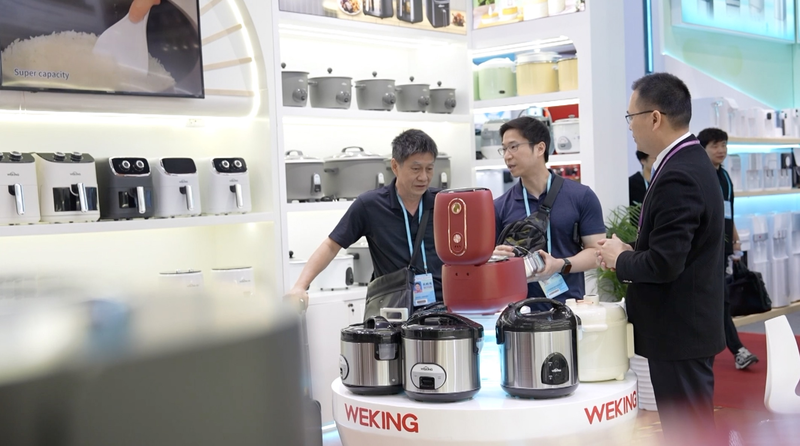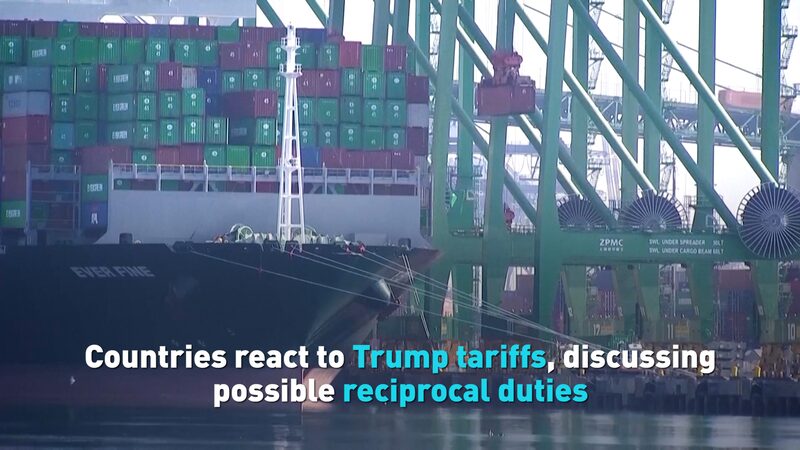The U.S.-China trade dispute, marked by tariffs imposed under former U.S. President Donald Trump, has spurred a wave of adaptive strategies among Chinese enterprises determined to safeguard growth and global partnerships. With proactive countermeasures from Beijing—including reciprocal tariffs, WTO complaints, and targeted sanctions—businesses are simultaneously looking inward to strengthen domestic networks and outward to diversify international ties.
Industry leaders report a surge in collaborations aimed at mitigating supply-chain disruptions. Retailers in sectors like electronics and agriculture are assisting foreign partners in expanding their footprint within the Chinese mainland’s vast consumer market. “Building local alliances has been critical to offsetting export challenges,” noted a Shenzhen-based tech executive. “Our focus on innovation keeps us competitive.”
Analysts highlight how Chinese firms are leveraging digital platforms and cross-border e-commerce to bypass traditional trade barriers. Meanwhile, government-backed initiatives encourage businesses to explore emerging markets in Southeast Asia and Africa, reducing reliance on U.S. demand. Economists warn, however, that prolonged tensions could reshape global trade dynamics, urging firms to prioritize long-term resilience over short-term fixes.
Reference(s):
How Chinese enterprises cope with the China-U.S. trade dispute
cgtn.com








